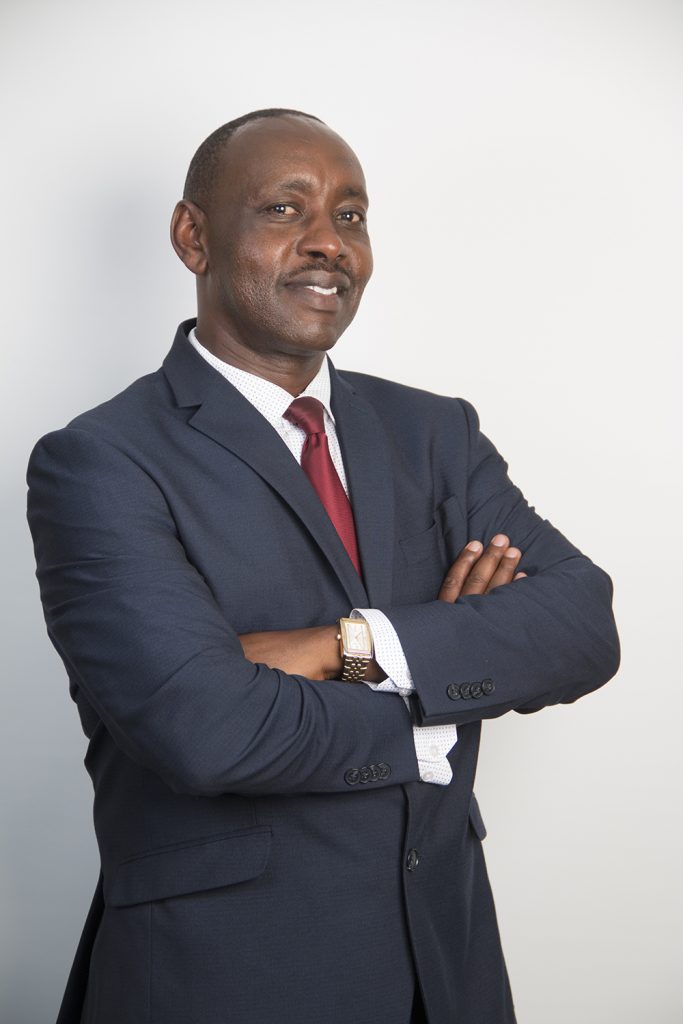The Rural Electrification and Renewable Energy Corporation (REREC) in Kenya has taken advantage of new technologies to enhance transparency and efficiency after partnering with SAP. It has leveraged new technologies to improve efficiency and transparency in its tender and procurement processes and improved customer experience. This includes migrating its tender systems to e-platforms and enabling expert bid evaluation, contract lifecycle management and supplier self-service through a Digital Transformation project named Project Platinum.
The Rural Electrification and Renewable Energy Corporation (REREC) is a state corporation headquartered in Nairobi, Kenya. The Corporation was established through the enactment of the Energy Act 2019, as the successor to the Rural Electrification Authority. REREC specialises in the energy and utility industries and is responsible for the implementation and management of renewable energy in the country. REREC has offices in Nairobi, Mombasa, Eldoret, Kisumu and Nyeri.
As a state corporation, REREC has to comply with an official directive from the Kenyan President that all state corporations migrate their tender systems to e-platforms and take advantage of new technologies that enhance transparency and efficiency. REREC partnered with SAP to enable expert bid evaluation, contract lifecycle management and supplier self-service through a Digital Transformation project named Project Platinum.
“The directive from the President was made to ensure transparency, efficiency and integrity in state procurement processes,” said Peter Mbugua, CEO at REREC. “As one of the leaders in renewable energy on the African continent, we wanted to ensure we remained compliant while also leveraging new technologies to improve efficiency and transparency in our tender and procurement processes and provide an improved customer experience.”

Kenya is leading in renewable energy development among African nations with more than 70% of the country’s electricity generation being produced from geothermal sources and an estimated nine million households having access to off-grid renewable energy. This has placed the country ninth worldwide for geothermal power generation. From 2009 to 2010, the renewable energy sector grew to $US1.3 billion from virtually nothing. In 2011, Kenya was also the first country on the continent to offer a carbon exchange.
In 2018, the Kenyan President announced plans to have the country fully dependent on green energy by 2020. This would allow the country to connect 60% of its population to electricity, three times more than now.
“This state-sanctioned move came with multiple hurdles, one of those being the tender process for setting up and maintaining a new procurement system,” said Mbugua. “We had nine months to launch the Digital Transformation project, which we successfully rolled out in February 2018. We have since reduced the tendering time from 60 to 30 days, reduced the evaluation time for submissions from 90 to 30 days and lowered the tender execution time to no longer than 30 days.”
To reduce costs and keep the project on track, REREC utilised a fixed-cost contract, where the project was created with a set budget that left little to no wiggle room for delays and feature-creep. The contract also avoided too many developments to be created outside of the standard systems, while automating the business process by using SAP standard best practices as much as possible
“Cost reduction and project scope are key when rolling out systems of this magnitude,” said Mbugua. “We worked closely with SAP to implement best practices and minimise our reliance on customisation, which can extend project timelines and increase associated costs. Through dedicated and skilled project implementation teams combined with effective governance enabled by senior support and involvement, we were able to meet all our project obligations within time and with cost-savings.”
Dedicated internal and external teams were allocated to the project, which contributed to the project’s timely launch. Daily project team meetings were held, along with monthly steering committee meetings, weekly organisational change meetings and frequent project management consultative meetings. All of this allowed for quick decision-making by the project’s governance team.
“We are now looking to move our procurement processes to SAP Ariba, where we can take advantage of all the new technologies on offer,” said Mbugua. “We are also implementing a migration to SAP S/4HANA to enable our future technology roadmap and ensure our competitiveness in the digital age.”
According to Pedro Guerreiro, Managing Director: Central Africa at SAP Africa, REREC’s investment in new technologies will enable its move towards becoming an intelligent enterprise. “The companies that succeed in today’s Experience Economy are the ones that can combine accurate data with real-time insights and exponential technologies to make better business decisions,” he said. “With this latest project, REREC can leverage its compliance with state legislation to enhance its efficiency and overall competitiveness, while delivering an improved customer experience to suppliers.”


